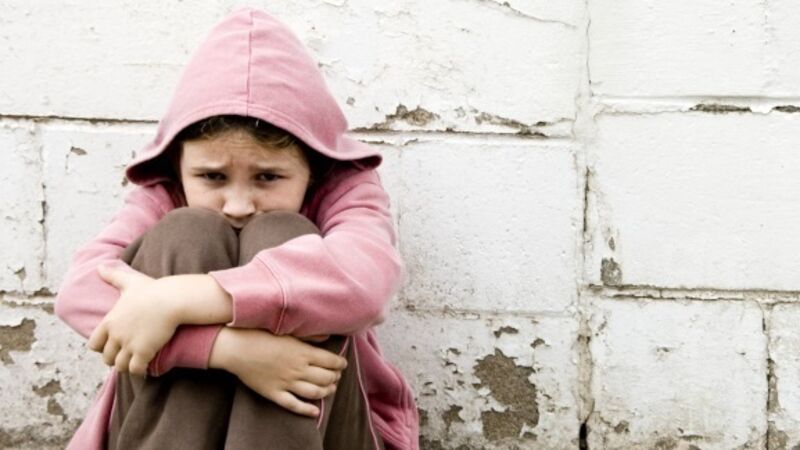Fergus Finlay: We must change the Constitution if we want to end homelessness scandal

When scientists and researchers talk about ACEs, they can be accused of using jargon. And as a term, it has a bloodless, academic feel to it.
It’s an acronym, a technical term that masks the devastation ACEs can cause in the human experience.
















